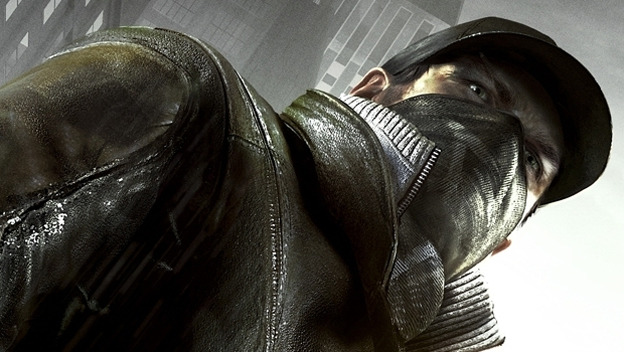Imagine if Hollywood produced nothing but the biggest blockbuster movies and the smallest art house flicks. We’d still get our Michael Bay explode-a-thons and superhero movies, but quirky comedies, summer romances, most animated films, and the fine films that get paraded around at the Oscars would all cease to exist. That kind of reality is what the game industry is chasing right now, as mid-level publishers like THQ continue to go under and the big publishers attempt to outspend each other in the quest to create the most popular AAA franchises they can.
Ubisoft Montreal CEO Yannis Mallat recently commented on that trend to Gamesindustry International, saying he believes that AAA is the road to success. He doesn’t appear terribly bothered that the middle has fallen out of the games market, even though Ubisoft continues to publish a number of those sub-AAA titles. For Mallat, AAA means quality, which apparently relies on ever-increasing production value.
What does AAA mean in the games industry these days? Ubisoft’s own Assassin’s Creed games are now being developed by thousands of people, with contributions from numerous international studios. Techniques and technologies that increase production value, such as lifelike HD graphics and full performance capture, require major investments of people and money. The development and marketing budgets for these games are enormous, with multi-platform AAA development starting at around twenty million. Marketing budgets are often equal to development costs, particularly if a game is being advertised on television.
Many industry-watchers believe that this AAA model is unsustainable. Games are attempting to challenge the production values and budgets of movies, but without the audience size and moneymaking potential that movies have. I have no doubt we’ll get there, but gaming is still a young and growing industry. In fact, some people at Ubisoft apparently agree—the creative director for Assassin’s Creed III has stated that he believes the days of AAA games with massive development teams are numbered. He may be right, especially in the short term. We’re about to change console generations, which means a fragmented customer base and fewer console game buyers for the first several years of the new consoles’ lifetimes.
With the next generation over the horizon, in fact, it might be just the right time for mid-budget games to reclaim the limelight. People will be looking to buy new games for their new consoles, which is a great time for sub-AAA games to get an audience. Many of this generation’s big series like Mass Effect, Saint’s Row, and yes, Assassin’s Creed started out as mid-budget titles released soon after the big new consoles came out. Small- and mid-budget titles excel on portable consoles as well, a fact that Western publishers don’t seem to grasp.
If there’s one thing I think we can all agree on, it’s that quality will continue to be an important factor in the success of games. Because so many games come out these days, gamers are becoming increasingly picky. That necessary quality level, however, doesn’t have to come with an enormous price tag. Games can be quite successful with mid-level budgets if they have an appealing graphical style, quality gameplay, good music, and competent marketing support. Many of the failed mid-budget games this generation lacked too many of those factors, from launching with mediocre “me too” gameplay to being sent to die on the shelves without proper marketing backup.

With only the largest-budget AAA titles on the market, a number of popular and lucrative game genres would die out. Every entertainment industry needs to have diversity to thrive, and genre games like RPGs, platformers, rhythm games, etc. bring important consumers to the market. Those consumers aren’t going away, and companies are perfectly able to make money off them as long as budgets and expectations are kept in check. Ubisoft may be going as big as it can, but there are plenty of opportunities for other companies to bring out mid-budget games that make a profit. In fact, going mid-budget may be the best strategy for game companies as we weather the switch to the next generation of consoles.
 | By Becky Cunningham Contributing Writer Date: April 12, 2013 |
